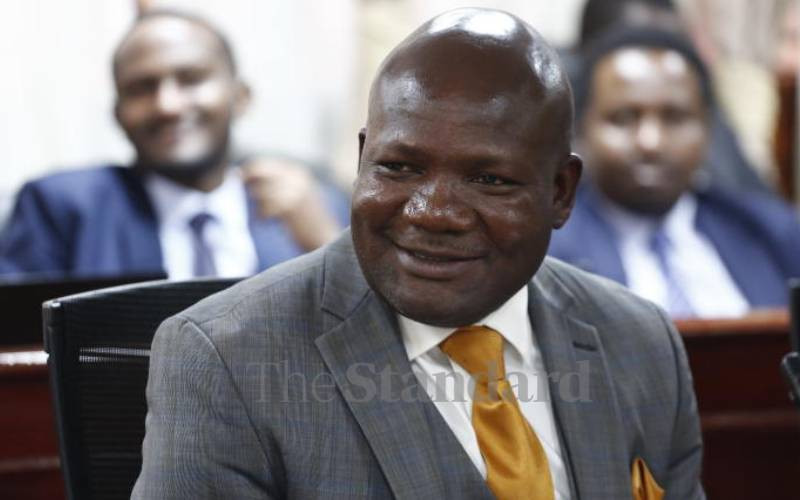×
The Standard e-Paper
Home To Bold Columnists

Kakamega County government has unveiled plans to rejuvenate the stagnant Kakamega Global Tea factory located in Madala village, Shinyalu sub-county.
Governor Fernandes Barasa is currently in the process of assembling a project implementation committee that will assess the project's status and present a comprehensive report on the revival of the Sh300 million factory.